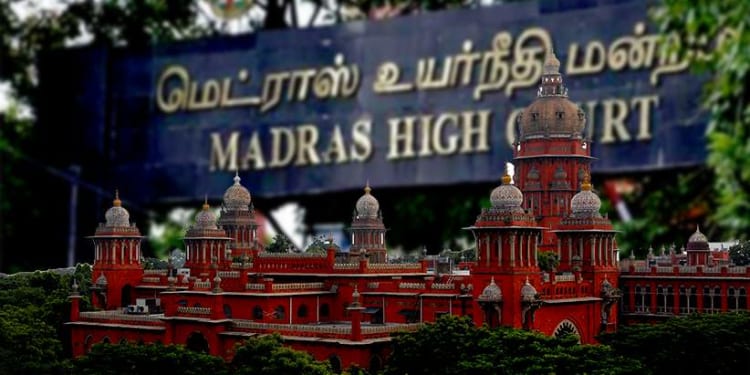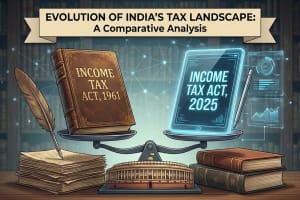
Investment in Growth Fund does not attract 14A disallowance

Hon'ble Madras HC in its recent decision upheld the findings of Tribunal and observe that the only expenditure, which was proved to be incurred in relation to earning of tax free income, could be disallowed and such provision could not be extended to disallow the expenditure, which was assumed to have been incurred for earning tax free income.
The AO found that the assessee had invested in SBI Magnum Insta Cash Fund to the tune of Rs.7.25 Crores and secured loans, which were outstanding as on 31.3.2011. The Assessing Officer also found that the assessee incurred finance cost, out of which, a sum of Rs. 12.93 Crores was towards interest on term loan and working capital facilities, that the assessee company made investments in mutual funds, out of which, there was a POSSIBILITY OF EARNING DIVIDEND INCOME. Accordingly, a notice was issued to show cause as to why the disallowance should not be made under Section 14A of the Act.
The assessee sent a reply stating that they had not incurred any expenditure for making such investment and that in the absence of any expenditure incurred, the question of disallowance did not arise. However, AO rejected the stand taken by the assessee and made disallowance u/s 14A.
The assessee preferred an appeal before the CIT(A) who allowed the appeal by order dated 16.6.2016. The CIT(A) accepted the stand taken by the assessee that the investments were in growth funds and not dividend funds and therefore, did not constitute tax free income. In this regard, the CIT(A) referred to the decision of the Delhi High Court in the case of Cheminvest Ltd. Vs. CIT [reported in (2015) 378 ITR 33] as well as the decision of the Chennai Tribunal in the case of ACIT Vs. M.Baskaran [ITA.No.1717/Mds/2013 dated 31.7.2014] and accordingly set aside the finding rendered by the Assessing Officer. The Tribunal took note of the decision of this Court in the case of Redington India Ltd. Vs. CIT [reported in (2017) 77 Taxmann.com 257] and dismissed the appeal filed by the Revenue.
The Hon'ble Madras HC held that "we find that the Tribunal rightly understood the scope of the transaction done by the assessee. The consistent case of the assessee was that they invested a sum of Rs.7.25 crores in SBI Magnum Insta Cash Fund, that the amount was invested on 30.3.2011, that they had not incurred any expenditure in making such investment and that at the year end, the assessee did not earn tax free income from such investments. In terms of Section 14A of the Act, the only expenditure, which was proved to be incurred in relation to earning of tax free income, could be disallowed and such provision could not be extended to disallow the expenditure, which was assumed to have been incurred for earning tax free income."
Hon'ble HC also observed that "to apply the provisions of Section 14A of the Act, the Assessing Officer should have recorded a finding as to how SubSection (1) of Section 14A of the Act would stand attracted. In the absence of any such finding, the disallowance made was not justifiable. In fact, the Assessing Officer straightaway proceeded to the second limb of Section 14(2) of the Act, which is impermissible. The Tribunal rightly took note of the decision in the case of Redington India Ltd., wherein it was held that the provisions of Section 14A of the Act read with Rule 8D of the Income Tax Rules, 1962 cannot be made applicable in vacuum i.e in the absence of exempt income. Therefore, we find that the Tribunal was right in deciding the issue against the Revenue and in favour of the assessee."
Citation: Tax Case Appeal No.26 of 2018, Madras HC.











